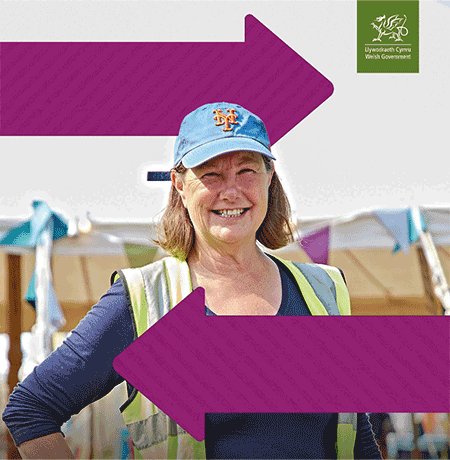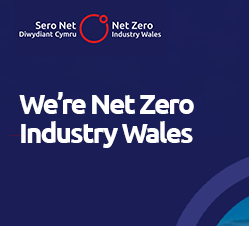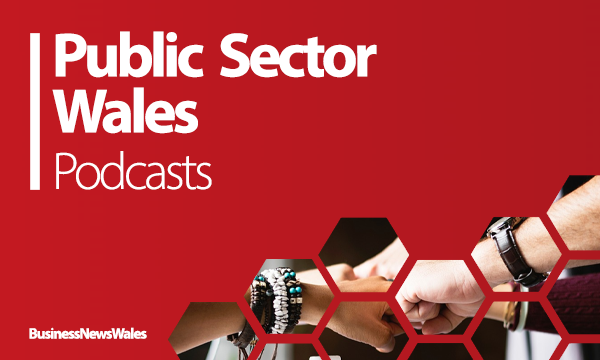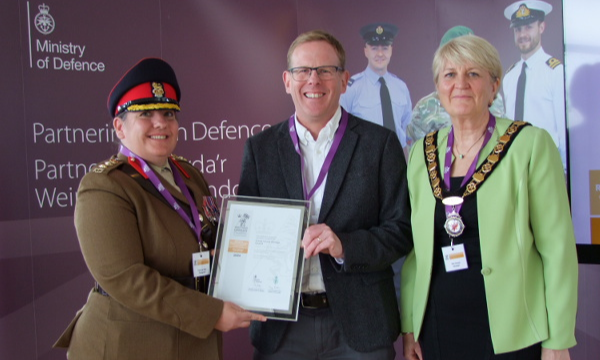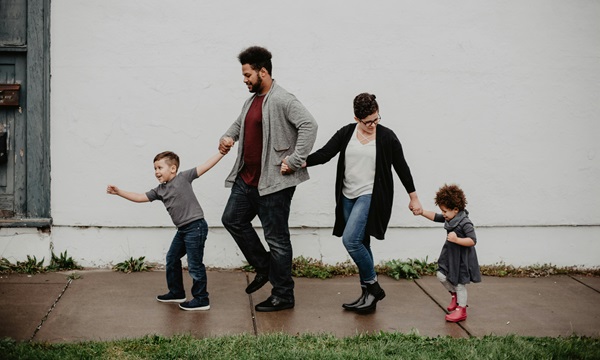A cross-equalities mentoring and training programme is open for applications for its 2025–26 cohort.
A collaborative initiative co-ordinated by Women's Equality Network (WEN) Wales in partnership with Disability Wales, Ethnic Minorities and Youth Support Team Wales (EYST), and Stonewall Cymru, Equal Power Equal Voice supports people from underrepresented groups to step into public life and take up leadership roles in decision-making spaces.
The programme is funded by the Welsh Government and the National Lottery Community Fund.
Recent research highlights major gaps across public life. Disabled people, who make up 21% of the population, account for just 14% of surveyed public board members. Black, Asian and ethnic minority individuals are also underrepresented, making up only 5% of respondents compared to 6.2% of the population, while members aged 55 or over make up 56% of boards, compared to 35% of the general population. While 9% identified as LGB+, no respondents (0%) stated that the gender they identify as is different from their sex registered at birth.
The research also exposed critical gaps in data collection: nearly a third of public sector bodies (28%) do not collect any diversity data on their boards, and among those that do, inconsistent methods make comparisons difficult. Without robust, standardised data, it’s hard to track progress or hold institutions accountable, the programme's organisers said.
The 2022 local elections painted a similarly stark picture: just 14% of candidates identified as disabled, despite disabled people making up 21% of the population. Only 3% of elected councillors came from an ethnic minority background.
From councils to boards to the Senedd, public life in Wales urgently needs to become more inclusive and representative, said the organisations behind the programme.
The programme pairs participants with experienced mentors in their area of interest – whether that be public service, politics, the media, or the third sector. Mentees also benefit from bespoke training sessions, peer learning opportunities, and the opportunity to navigate public institutions with visits to the Senedd, Houses of Parliament, and other key spaces.
Previous mentees have gone on to become councillors, school governors, board members, and campaign leaders.

